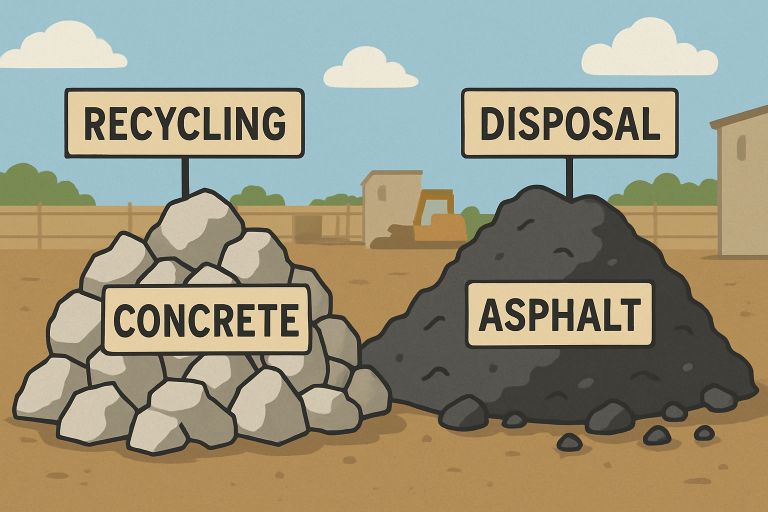Understanding Credit Card Holds and Their Impact on Personal Finances
Key Takeaways:
- Credit card holds are a standard financial practice that temporarily reduces your available credit.
- Understanding the mechanics and implications of holds is essential for managing personal finances effectively.
- Knowing how to handle and dispute unauthorized holds is crucial for maintaining financial health.
Table of Contents:
- The Mechanics of a Credit Card Hold
- How Credit Card Holds Affect Your Available Credit
- Credit Card Holds in Various Industries
- Understanding Authorization Holds vs. Actual Charges
- Tips for Managing Holds on Your Credit Card
- Common Misconceptions About Credit Card Holds
- Traveling with Credit Card Holds in Mind
- The Future of Credit Card Holds and Digital Transactions
In personal finance, credit cards are a convenient transaction method that profoundly impacts our spending habits and credit health. Yet, their usage is often accompanied by a less understood aspect: credit card holds. A credit card hold is not a direct charge but a temporary freeze on part of your credit balance, used by merchants to ensure transaction security. This practice, while common, can influence your financial planning and requires a comprehensive understanding. Individuals can better navigate their credit utilization by learning about the scenarios in which credit card holds occur, such as when making hotel reservations or filling up gas. To fully grasp what does card hold mean, we must delve deep into the functionality and implications of this nuanced aspect of credit card usage.
The Mechanics of a Credit Card Hold
Understanding the mechanics behind a credit card hold is the first step towards managing your finances effectively. A hold is initiated when a merchant sends a pre-authorization request for a certain amount to your bank, effectively guaranteeing that sufficient funds or credit are available to cover the final cost of a transaction. This amount, though not an actual charge, becomes temporarily inaccessible. For instance, when you check into a hotel, the establishment might place a hold on your card that exceeds the cost of the room as a safeguard against incidental expenses. This hold will remain until the final bill is settled at checkout, ensuring the hotel’s charges are secure.
How Credit Card Holds Affect Your Available Credit
A hold on a portion of your credit limit directly impacts the amount of credit at your disposal for other purchases. If you’re nearing your credit limit, a hold could result in declined transactions or even over-limit fees if your account is not properly monitored. This is especially pertinent for individuals with lower credit limits who may need help with such holds. It’s crucial to keep a vigilant eye on your credit card statement and to be aware of the merchant’s policy regarding the duration and release of holds.
Credit Card Holds in Various Industries
Credit card holds are not exclusive to any industry but are utilized across various sectors. You may encounter them at hotels, where they cover potential room damages or minibar use, car rental services as a security deposit, or gas stations to ensure the full fuel payment. The amounts and durations of these holds can vary greatly, and customers need to understand these practices to avoid any unwelcome financial surprises. Information on credit card holds across industries can be found at authoritative consumer finance resources.
Understanding Authorization Holds vs. Actual Charges
A common area of confusion for many credit card users is differentiating between authorization holds and actual charges. An authorization hold is the temporary control of funds in the customer’s account, ensuring the merchant that the necessary funds are available. This hold does not transfer any funds from the account but rather earmarks them until the merchant releases the hold or the transaction is completed and the actual charge is processed. Consumers must keep track of these holds to ensure they do not mistake them for finalized transactions, which could lead to mismanaged budgets and overestimated available credit.
Tips for Managing Holds on Your Credit Card
Managing credit card holds involves staying proactive and engaged with your financial transactions. Before engaging in activities where holds are common, it is advisable to inquire with the merchant about the possibility and extent of a credit card hold. This can include questioning the anticipated amount and the length of the hold. Additionally, regularly reviewing your credit card transactions online allows you to detect holds promptly and respond appropriately should an issue arise. Maintaining open communication with your bank regarding the policies and protections for dealing with held funds is also a sound strategy.
Common Misconceptions About Credit Card Holds
Several myths surrounding credit card holds can disturb the clear understanding necessary for prudent financial management. Many believe a hold is the same as a charge, not recognizing that the former is temporary and reversible, while the latter is permanent until refunded. Another misconception is that holds are immediately lifted after a transaction, when in reality, they can persist for several business days, depending on the financial institutions involved. Awareness and education concerning these two factors are vital for cardholders to preempt any complications relating to credit holds.
Traveling with Credit Card Holds in Mind
When traveling, the effects of credit card holds can be more pronounced, potentially hindering your trip’s budget and itinerary. Preparation is key; understanding the hotel’s hold policy or the expected rental car deposit can help you allocate funds accordingly. With this information, a traveler can opt for the best payment method, credit or debit, which might offer different levels of protection and convenience abroad. Considering the practices of credit holds internationally and providing your card issuer with travel plans ensures ongoing access to funds during your journey.
The Future of Credit Card Holds and Digital Transactions
The financial industry is continually evolving, with it are the mechanisms surrounding credit cards. As digital banking and transaction technologies advance, the future promises more streamlined, transparent practices for holds. Consumer experiences will likely become increasingly frictionless, underpinned by sophisticated payment processing and real-time banking communications. This progression offers the potential for financial engagements to become less burdensome and for consumer rights to be more robustly protected in the electronic payments domain.
Familiarity with credit card hold practices equips consumers to manage their financial situations confidently, optimize their credit use, and safeguard against unwanted disruptions. As we move into an era of digital finance sophistication, staying informed and vigilant continues to be the hallmark of astute financial stewardship.














